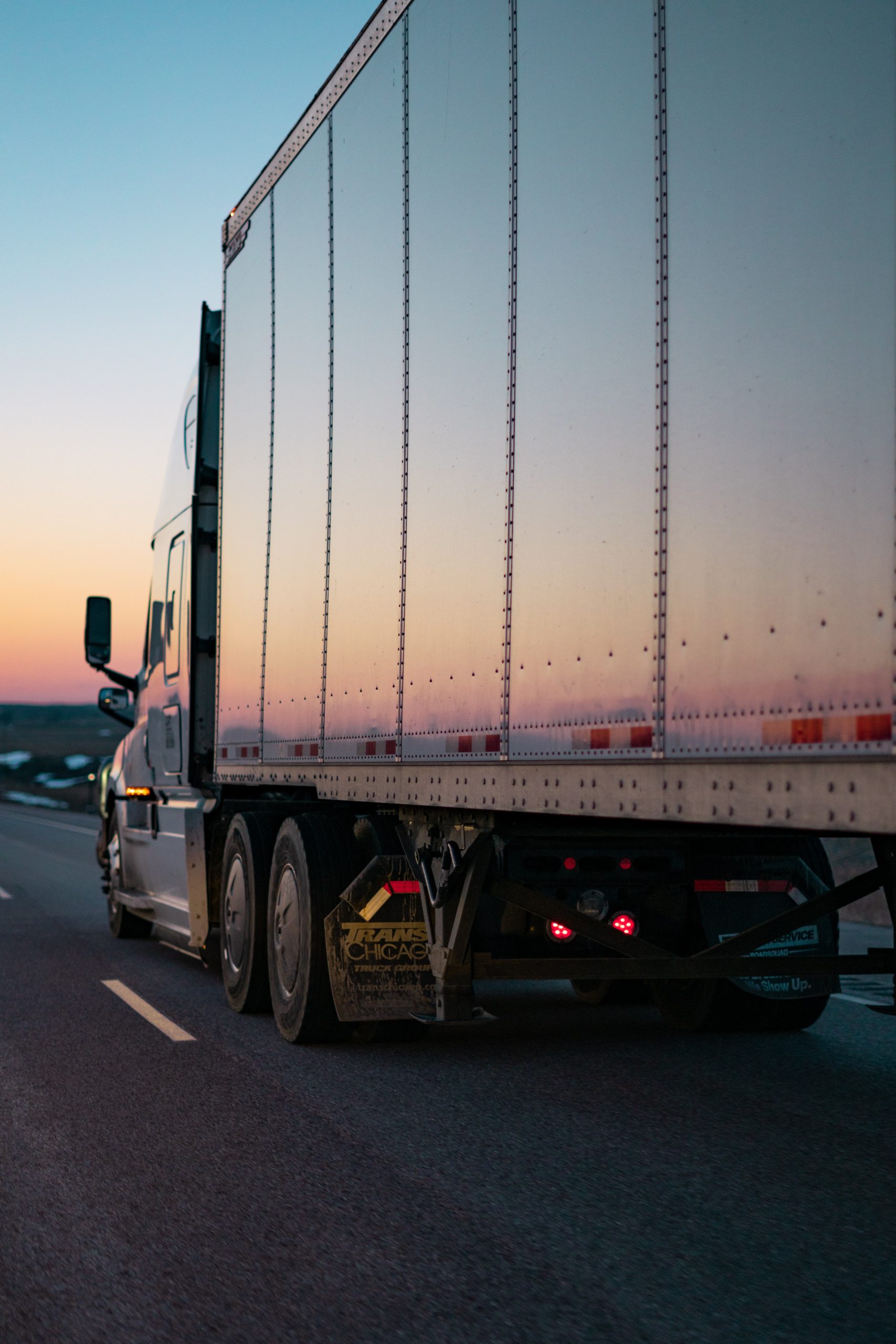
Willie R. Tubbs, FISM News
[elfsight_social_share_buttons id=”1″]
The next time you get cut off by a box truck, you might not have a human at whom to honk. In one Arkansas city, Walmart is now operating a driverless truck, and the company plans to add more to its person-free fleet in the coming years.
Walmart and Gatik, a business-to-business logistics company that specializes in short-haul deliveries, have used automated trucks since 2020, but have recently taken a critical step in the march toward automated delivery.
In a November press release distributed by Business Wire, the companies announced that the human safety driver had been removed from a truck operating in Bentonville, Arkansas, where Walmart is headquartered.
“Through our work with Gatik, we’ve identified that autonomous box trucks offer an efficient, safe and sustainable solution for transporting goods on repeatable routes between our stores,” Tom Ward, a Walmart executive said in the release. “We’re thrilled to be working with Gatik to achieve this industry-first, driverless milestone in our home state of Arkansas and look forward to continuing to use this technology to serve Walmart customers with speed.”
The fully automated box truck operates only in Bentonville and delivers the same short route every day between an online fulfillment facility and a Walmart Neighborhood Center.
Walmart champions driverless trucks as a means of improving supply-chain issues by removing the need for human employees during what is known as the “middle mile,” the link of the supply chain in which goods are shipped from a supplier’s warehouse to a retail store.
This month’s development, Walmart and Gatik said, marked the first time an autonomous trucking service anywhere on earth has removed the safety driver from a middle-mile route.
“This milestone signifies a revolutionary breakthrough for the autonomous trucking industry,” Gatik CEO and co-founder Gautam Narang said in the release. “Our deployment in Bentonville is not a one-time demonstration. These are frequent, revenue-generating, daily runs that our trucks are completing safely in a range of conditions on public roads, demonstrating the commercial and technical advantages of fully driverless operations on the middle mile.”
As another industry moves toward automation, the question begs: Will an entire industry of human truck drivers be rendered obsolete?
Experts polled by the BBC predicted trucking could become fully automated by 2031.
“All jobs are being impacted by technological change – some more than others,” Nicholas Wyman, CEO of the Institute for Workplace Skills and Development told trucking website Doft in April. “Driverless trucks are now used extensively in the mining industry, and it’s certain this technology will impact other parts of transport and distribution.”
While the move to a driverless box truck is profound, not all logistics experts think these trucks will become daily fare.
“The likelihood of driverless trucks making a meaningful trucking impact in our lifetime is close to zero,” Tim Higham, CEO of transportation logistics company Ascend TMS, wrote in an opinion piece for 3PL Magazine, a publication specializing in third-party logistics.
Higham cited concerns about the loss of human drivers through walkouts and union strikes before driverless tech can meet the full demand of middle-mile delivery, much less the entirety of the trucking industry.
“The moment large carriers announce that driverless trucks are being introduced, all self-respecting drivers will walk away,” Higham predicted.
Stealth Labs, a global information security company, warns that hacking could also prove an issue with automated vehicles.
“Driverless cars could hold massive amounts of data from oodles of users, making them a lucrative target for cybercriminals,” an article on Stealth Labs’ website reads. “In addition, the vehicle can be compromised, leading to safety issues for drivers and other road users.”
The most pressing issues, Higham said, was physical danger for humans who share the road with driverless cars.
“Just think of the things that change on the road: rain storms, flooding, standing water, high winds, snow, ice, road debris, accidents, road work, detours, emergency vehicles, wild animals, children running into the street,” Higham said, later adding, “The first time a driverless truck ends up in a devastating accident with fatalities, everybody from the government to the public masses will demand they are shut down until ‘all issues are resolved.’”
On Nov. 10, Narang told Yahoo! Finance his company was taking steps to ensure no injuries occur and called safety “table stakes,” a business term meaning the minimum a company can offer and hope to compete in a market.
